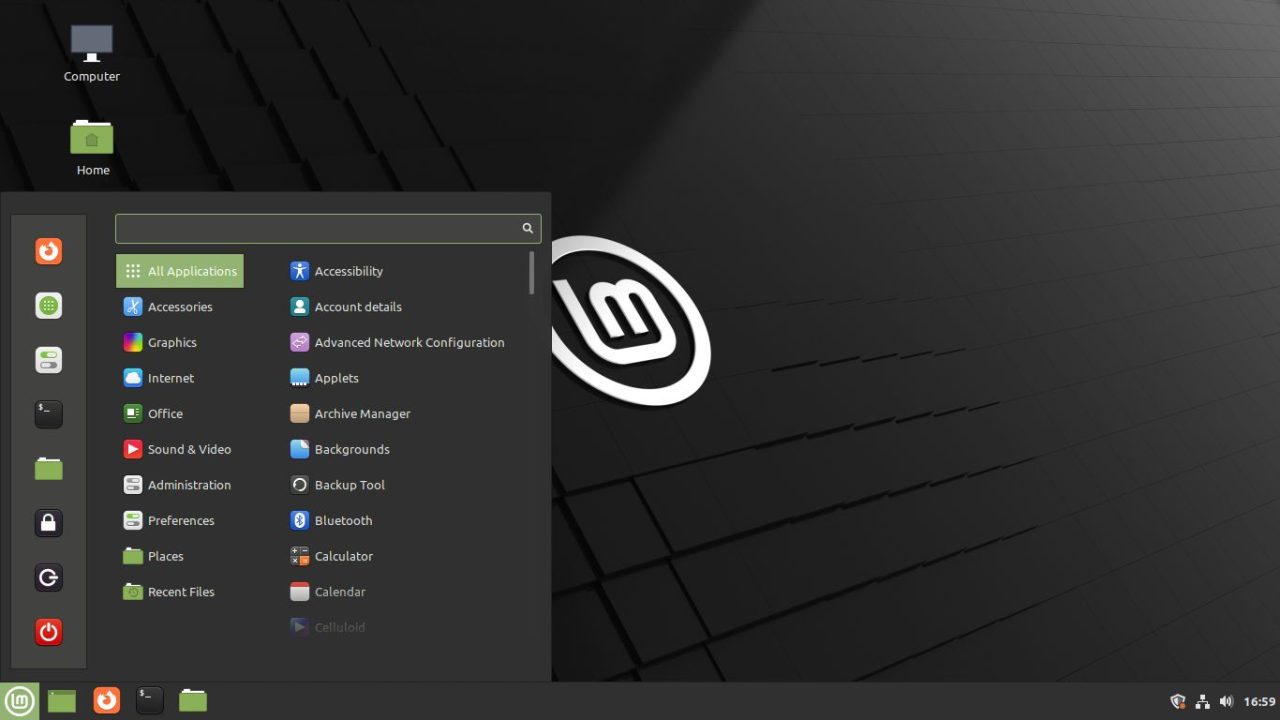Using GNU/Linux as a Primary OS: Examining the Challenges
Why don’t people use GNU/Linux as their primary OS? For decades, Microsoft’s Windows operating system has been the undisputed leader when it comes to consumer operating systems. However, in recent years, many users have begun looking for alternatives due to its high cost and questionable privacy and security policies. When it comes to open-source solutions, GNU/Linux is a popular option due to its free and highly customizable nature. Despite its appeal, GNU/Linux is far from becoming a mainstream operating system. This article will discuss some of the primary reasons why many users continue to steer clear of this OS and examine the barriers that must be overcome if the goal is to make GNU/Linux a consumer favorite.
Examining the Reasons Why GNU/Linux is Not a Mainstream OS
Despite its popularity in the software development community, GNU/Linux is not a mainstream operating system and has not seen the same level of adoption as Windows or macOS. There are a few primary reasons why this is the case.
Lack of Quality Software
One of the main problems that users encounter with GNU/Linux is that there is not enough high-quality software available for it. While there are plenty of open-source programs available, many of these programs lack the same level of polish as their Windows or Mac counterparts. Furthermore, popular consumer software titles, such as Adobe Photoshop, are not available for GNU/Linux, which makes it harder for users to transition from Windows or macOS.
Hardware Compatibility Issues
Another issue that can be an obstacle for users is the lack of hardware compatibility. Many hardware manufacturers do not release drivers specifically for GNU/Linux, which can lead to various compatibility issues, particularly with more recent hardware. As such, GNU/Linux is not always the best choice for users who intend to use cutting-edge hardware on their systems.
Difficulty of Use
Finally, GNU/Linux is an operating system best suited for more advanced users who are comfortable tinkering with the system. For new users, learning the ins and outs of this OS can be intimidating, and the lack of a graphical user-friendly installer does not help either. Many users may simply find it easier to stick to a more user-friendly operating system such as Windows or macOS.
Read More: Why are there not as many apps for Linux compared to Windows?
An Analysis of Barriers to Adopting GNU/Linux
As mentioned above, there are a few key barriers that are preventing users from readily adopting GNU/Linux as their primary operating system.
Making the Software More Accessible
One of the major obstacles preventing users from switching to GNU/Linux is the software compatibility issue. To make the OS more attractive to users, developers should strive to create more open-source equivalents for popular software titles, either by porting existing programs or creating new software from scratch. This would make it easier for users to transition to GNU/Linux without having to make too many sacrifices in terms of features.
Improving Functions and Interfaces
At its core, GNU/Linux is an advanced operating system that makes it difficult for the average user to use. To make it more appropriate for the average user, there needs to be more of an effort to develop user-friendly interfaces and make the functions more accessible. Additionally, better installation tools should be created that can make the process of setting up the system easier to understand for new users.
Increasing Hardware Compatibility
Finally, hardware compatibility is another major issue that needs to be addressed. If GNU/Linux is ever to be a mainstream operating system, widespread hardware support needs to be ensured so that users can use their devices with peace of mind. This can be best achieved if device makers partner with Linux developers to support the OS and create drivers specifically for it.
Conclusion
Overall, GNU/Linux is a powerful and free operating system with a lot of potential. Unfortunately, it has yet to become a mainstream OS for a variety of reasons, such as the lack of quality software and hardware compatibility issues. If developers and hardware makers are able to work together and create more user-friendly software and hardware support for the OS, then it might just be able to breach the mainstream market in the near future.
What is your experience with Linux? Did you replace Windows? Is it your primary OS? Why or why not? Post in the comments below.

Aleksandar Paunovski is a Computer Science student at New Bulgarian University. He has more than 20 years of experience with computer systems. Aleksandar knows PHP, JavaScript, C++, CSS, and HTML and is an expert on WordPress, computer security, Linux, Mac OS, Chrome OS, and Windows. When not busy making sites, Aleksandar loves to listen to 90’s music, walk in the park, and post on his blog.

[…] Read More: Why don’t people use GNU/Linux as their primary OS? […]